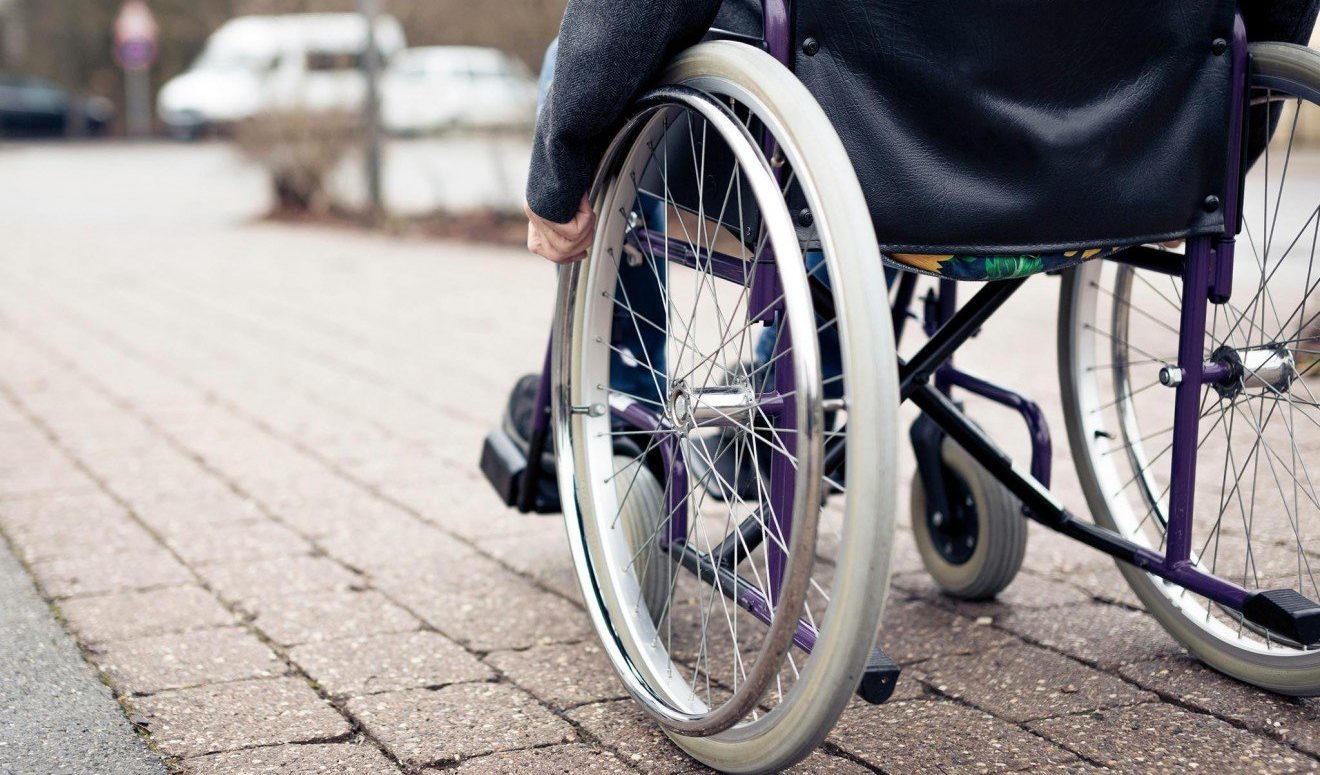In the context of modern legal realities, the issue of traveling abroad for men from Ukraine can present significant challenges. This is especially true for categories such as individuals who care for persons with disabilities and plan to accompany them during trips abroad.
Current Restrictions on Traveling Abroad for Men
Due to martial law in Ukraine, significant restrictions are in place regarding the travel of men of conscription age abroad. These rules apply to men aged 18 to 60 years who are subject to mobilization. The legislation provides several exceptions, including:
- Individuals providing care for persons with disabilities;
- Single fathers accompanying children abroad;
- Men who are students of foreign universities;
- Other categories specified by law.
All trips abroad must be documented, specifically with certificates or other official documents confirming the grounds for travel. Additionally, a special order may apply to employees of strategic industries or those with special permits. Violations of travel rules may result in administrative or criminal liability.
How to Travel Abroad When Caring for a Second-Group Disabled Person?
Caring for a person with a disability is one of the grounds that allows men to obtain permission to cross the border. However, exercising this right requires properly prepared documentation, legal consultations, and justification of the trip.
How Can a Lawyer Assist in Accompanying a Disabled Person Abroad?
Legal assistance includes the following aspects:
- Confirmation of the Right to Provide Care. A lawyer helps collect all documents confirming the status of the individual as a caregiver for the disabled person. For example:
- Medical documents confirming the second-group disability;
- Decisions from social protection authorities appointing the caregiver.
- A certificate of residence confirming the cohabitation of the caregiver and the disabled person, if required.
Preparation of Documents for Border Crossing. An attorney advises on the required certificates demanded by border authorities, including:
- Birth certificates if the trip involves accompanying a child with a disability;
- Notarized consents, if additional participants are involved in the trip.
- Preparation of medical documents.
Appealing a Denial to Cross the Border. In case of refusal by border officials to allow crossing, a lawyer can:
- Prepare an appeal;
- Represent the client’s interests in court;
- Assist in obtaining a repeat permit.
A lawyer may also communicate with the relevant state authorities to clarify individual circumstances and obtain the necessary permits. They help avoid errors in filling out documents that could lead to denial of travel. Additionally, legal support is provided in case of inspections or additional requirements during border crossing.
Documents Needed for Men to Cross the Border
To cross the border while accompanying a disabled person, the following documents must be collected:
- A Ukrainian international passport;
- A certificate of second-group disability;
- Documents confirming the right to provide care;
- A notarized consent from the disabled person for accompaniment (if required);
- Documents confirming the purpose of the trip (e.g., a medical certificate indicating the need for treatment abroad).
It is also important to have proof of financial support for the trip, if required by border authorities. In the case of accompanying a minor with a disability, a birth certificate of the child must be provided. It is recommended to have copies of all documents in case the originals are lost. If the trip's purpose is medical treatment, confirmation of admission or an invitation from a foreign medical institution should be presented. Additional documents may be required depending on the destination country.
Question
Who can travel abroad as a caregiver for a disabled person?
Answer
Men who are officially appointed caregivers for second-group disabled persons can accompany them abroad. This must be confirmed by the relevant documents, such as disability certificates, decisions from social protection authorities, and similar documentation.
Question
Is a notarized consent from the disabled person required for accompaniment?
Answer
Yes, if the disabled person is an adult and legally competent, a notarized consent for accompaniment is usually mandatory. This helps avoid misunderstandings during border crossing.
Why It’s Important to Consult a Lawyer. A lawyer can help: verify the correctness of the documents, assist in preparing notarized statements, protect your rights in case of a refusal by border services.
Why Could You Be Denied Travel. The main reasons for denial include: incorrectly prepared documents, lack of a documented relationship between the caregiver and the disabled person, suspicion of an attempt to evade mobilization.
Students Accompanying Disabled Persons. If you are a student planning to accompany a disabled person, you should prepare: a certificate from your educational institution confirming your enrollment, documents proving your status as a caregiver, evidence of the trip's purpose (e.g., treatment for the disabled person).
Arranging for travel abroad for men who care for second-group disabled persons is a challenging but solvable task. The key to success lies in a legally correct approach and the assistance of an experienced lawyer. This ensures the avoidance of refusals and the protection of the rights of both the caregiver and the disabled person.


































